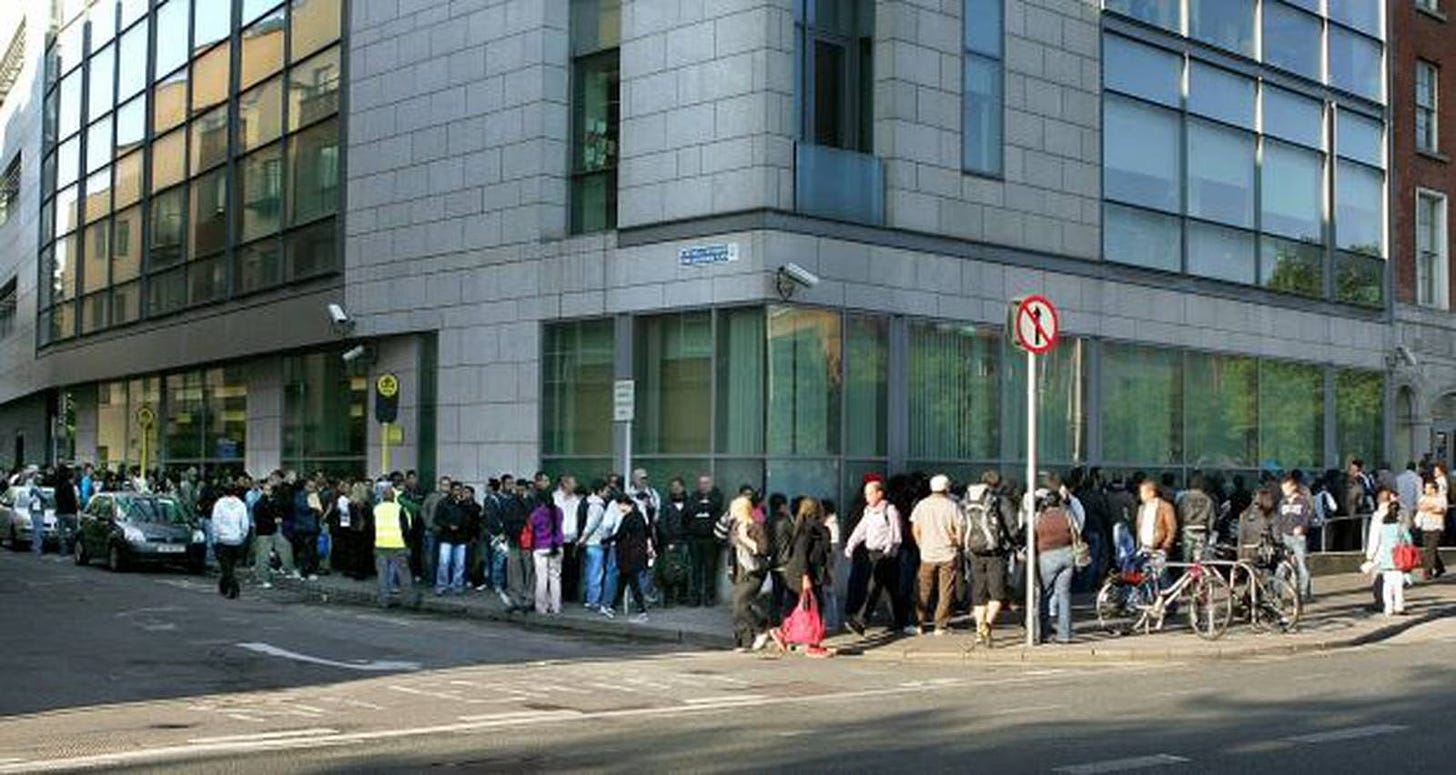Seven Perennial Truths About Immigration and Refugee Policy
The national vibe around immigration and, in particular, refugee policy, has shifted quite dramatically in Ireland, and will probably shift substantially in many Western countries, as the implications of “open border” policies become more tangible. There was a time in the very recent past - just a few months ago - when anyone who drew attention to the p…
Keep reading with a 7-day free trial
Subscribe to THE FREEDOM BLOG to keep reading this post and get 7 days of free access to the full post archives.


